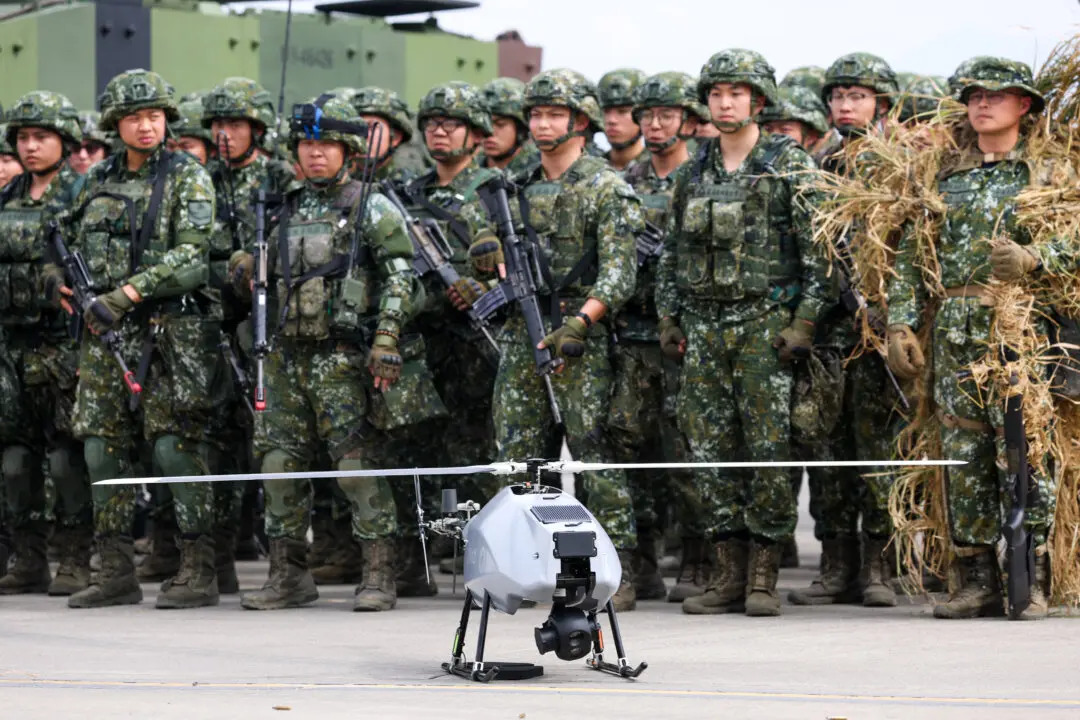A recent incident in Bolivia has demonstrated the repercussions of China’s influence.
On Feb. 14, Bolivian newspaper Los Tiempos reported that an investigation by the Bolivian forestry authorities discovered that four local sawmills had been illegally exporting high-value timber species to China. Unnamed former and current employees at the agency, called the Forest and Land Audit and Social Control Authority, had been involved in the scheme.
They have now been placed under investigation.
Now, Chinese investment in Bolivia is under scrutiny, given its far-reaching political and social implications for the South American country.
Chinese Investment
Current Bolivian leader Evo Morales, who has been president since 2006, aligned himself with Beijing early on, just after he won the election and became president-elect.
In January 2006, while visiting China, Morales called Beijing an “ideological ally” and expressed his admiration for the Chinese communist regime, according to Spain’s daily newspaper El Mundo.
Another Spanish daily newspaper, El Periódico de Aragón, reported that Morales declared himself a great admirer of former Communist Party leader Mao Zedong and his “proletarian revolution,” noting that he had read Mao’s biography “from a young age.” Mao’s Cultural Revolution campaign in 1966—which lasted until his death in 1976—resulted in the deaths of millions of people.
Relations with China took off after Morales’s visit. Bilateral trade between Bolivia and China grew significantly in 2008, according to a 2018 working paper published by the Global South Unit at the London School of Economics. Exports from Bolivia to China went from $16,000 in 1992 to $434 million in 2014, while imports from China grew from $7.5 million to $1.8 billion during the same period.
In 2018, China became Bolivia’s fourth-biggest trading partner, according to China’s Ministry of Foreign Affairs.
Chinese companies began doing business in Bolivia, including in the petroleum, construction, manufacturing, and telecommunications sectors. For instance, Bolivia secured a $251 million loan from China’s state-run China Development Bank in 2013 to launch its telecommunications satellite Túpac Katari 1, according to Bolivian daily newspaper Página Siete.
In 2015, China’s state-owned policy bank, the Export–Import Bank of China, agreed to provide $7 billion in loans to finance investments in Bolivia projects, including hydroelectric energy and rail infrastructure, according to Reuters.
Meanwhile, Chinese telecom giant Huawei also has worked with Bolivia’s national telecom provider Entel, and private providers such as Tigo and Viva, according to Bolivian newspaper Los Tiempos. Huawei reported on its website in June 2018 that Entel has completed the deployment of its new cellular base stations—for both 4G and 5G communications—called TubeStar.
And most recently, on Feb. 7, Chinese-listed construction and electrical engineering company Xinjiang TBEA Group was selected by the Bolivian government for a partnership on $2.3 billion worth of lithium projects, according to Reuters. TBEA Group would hold 49 percent stakes in a joint-venture with Bolivia’s lithium company YLB.
Beijing has sought worldwide access to lithium—one of the major components in electric car batteries—in order to supply its aggressive development of its domestic electric vehicle industry.





